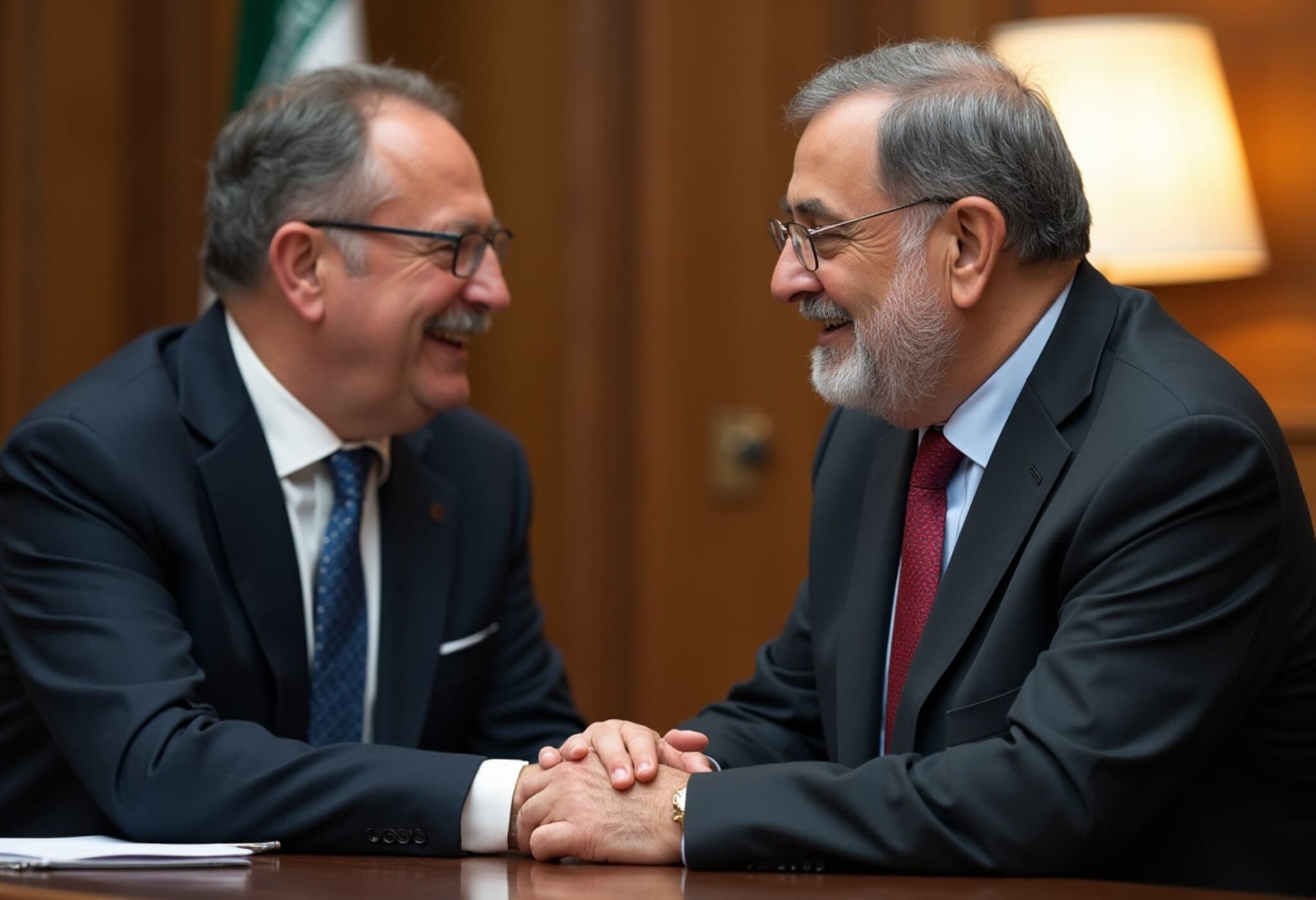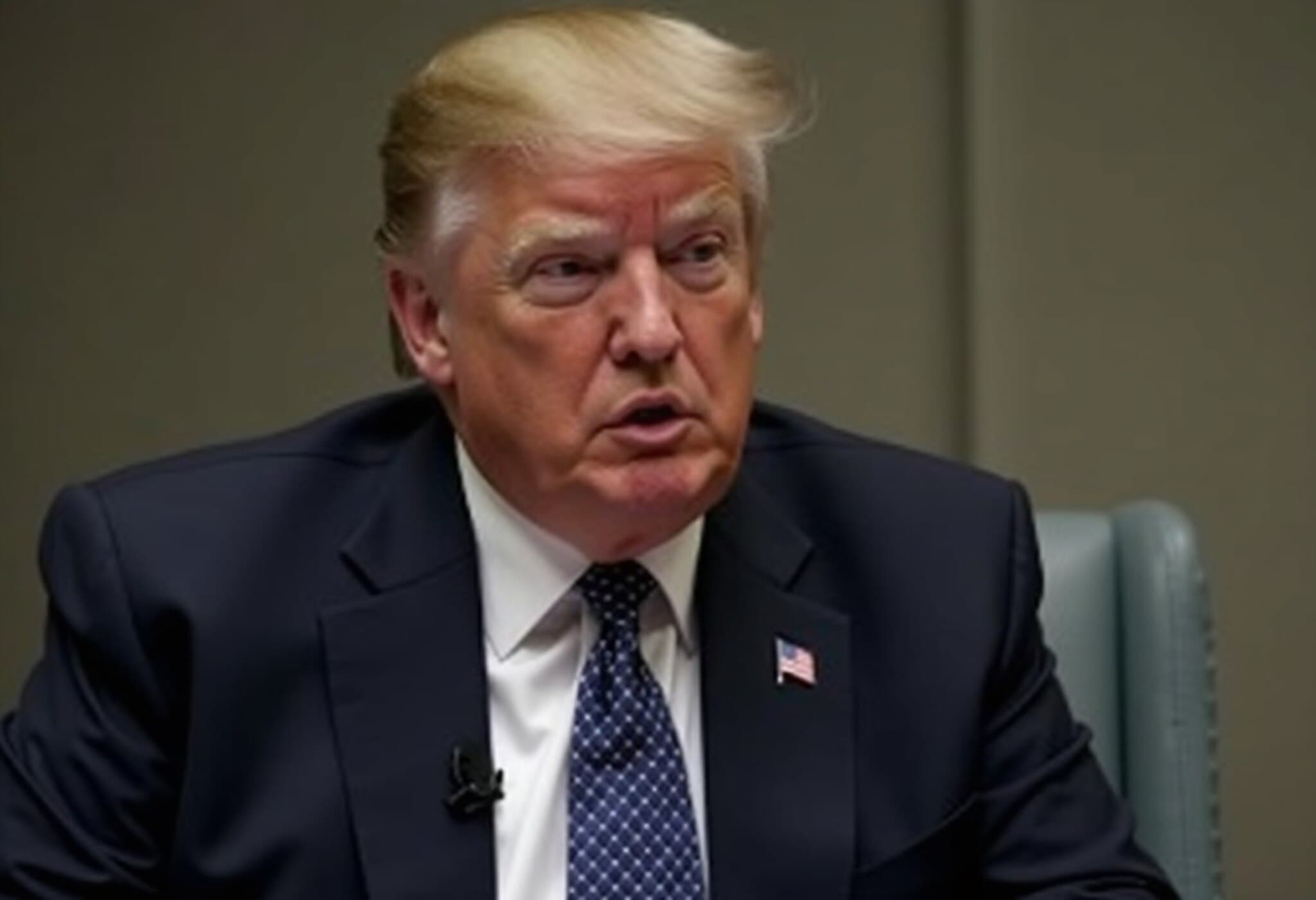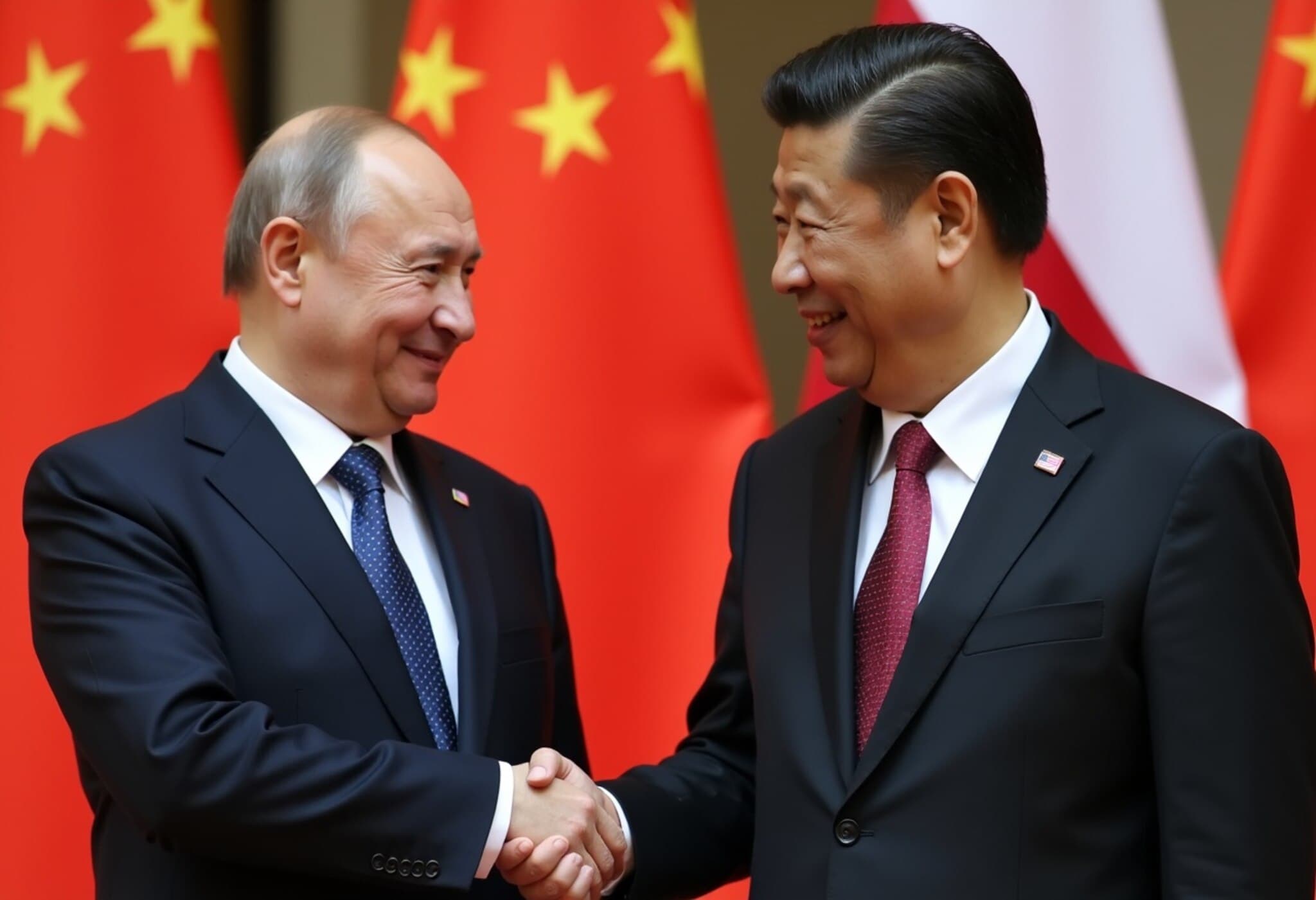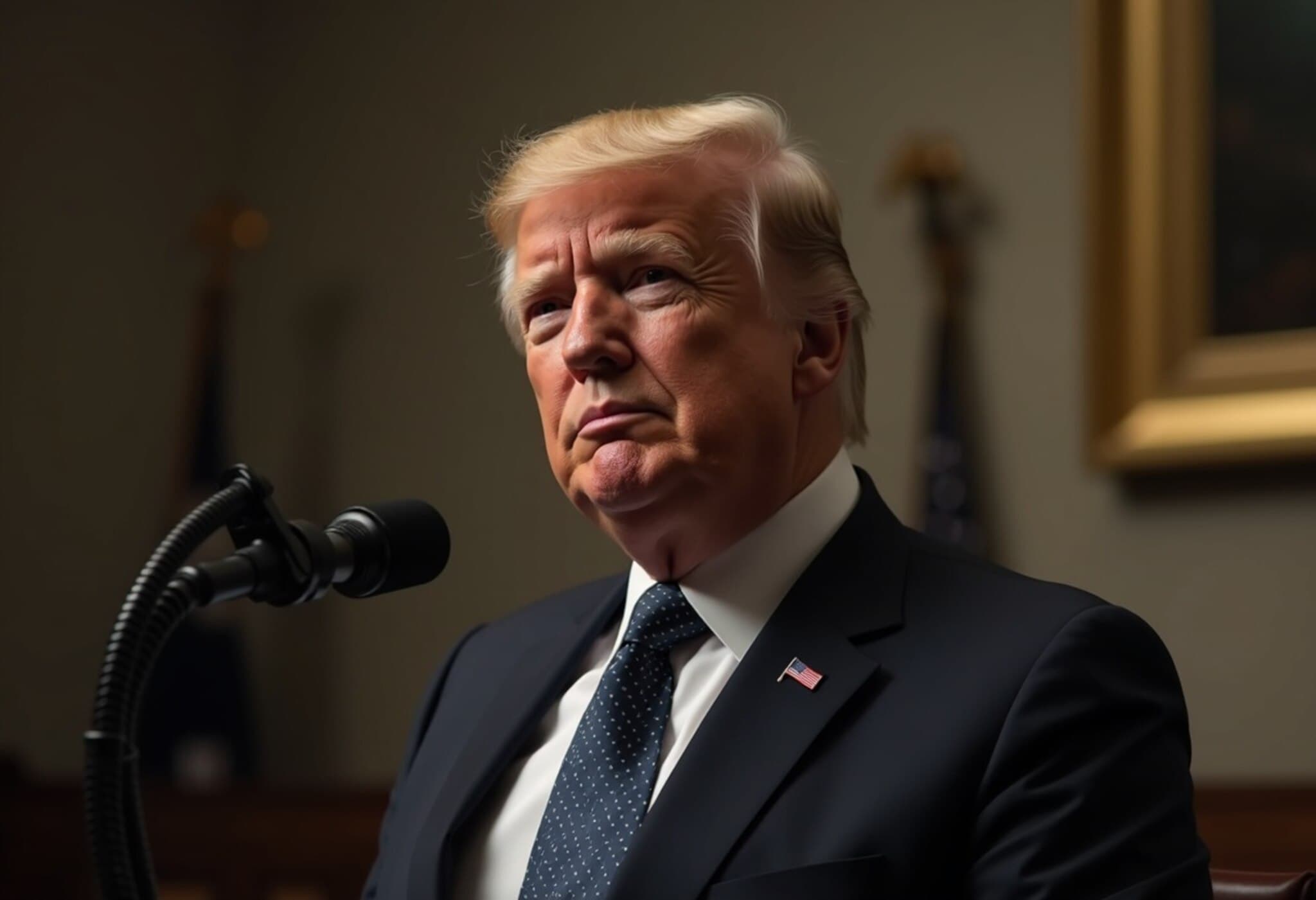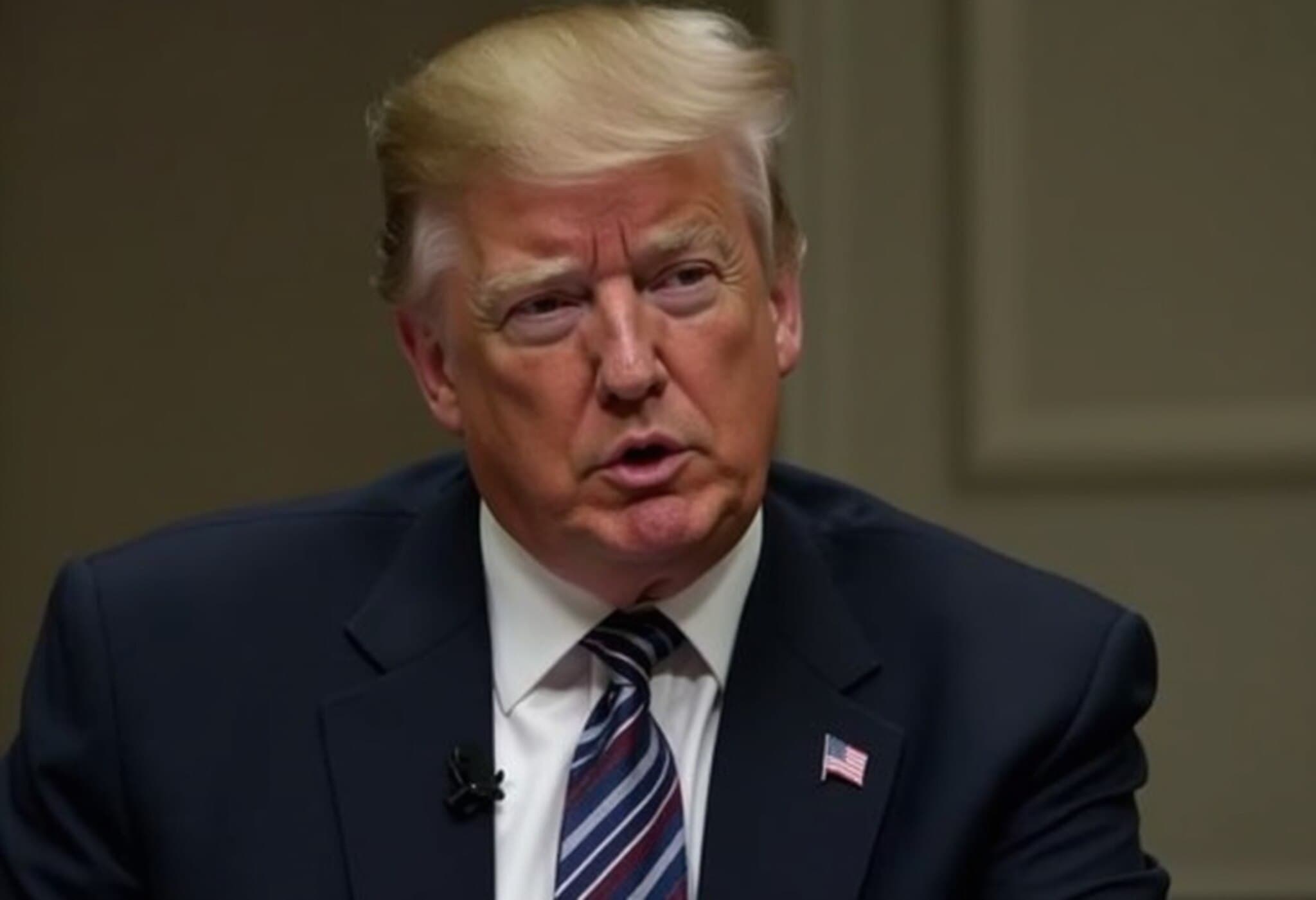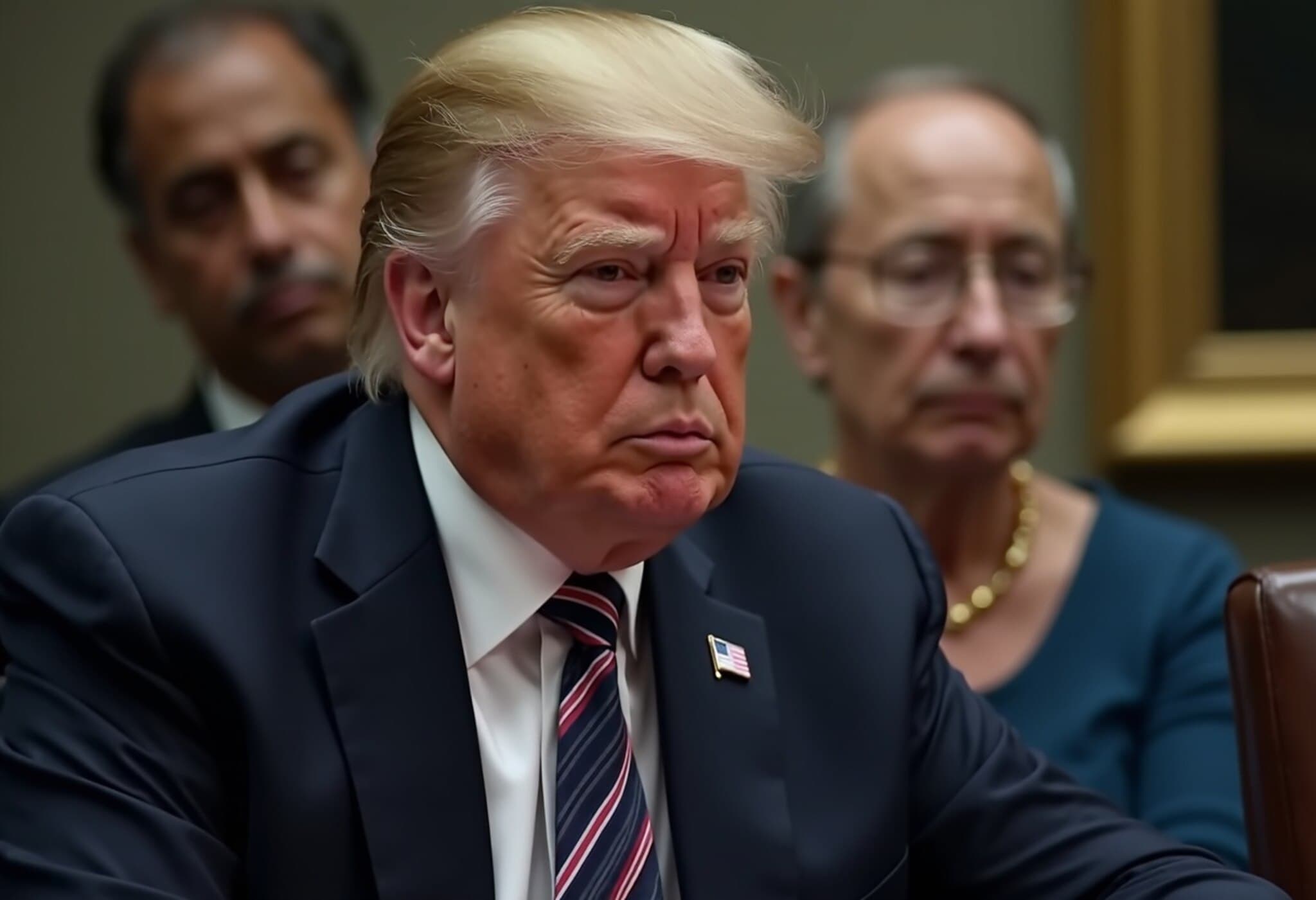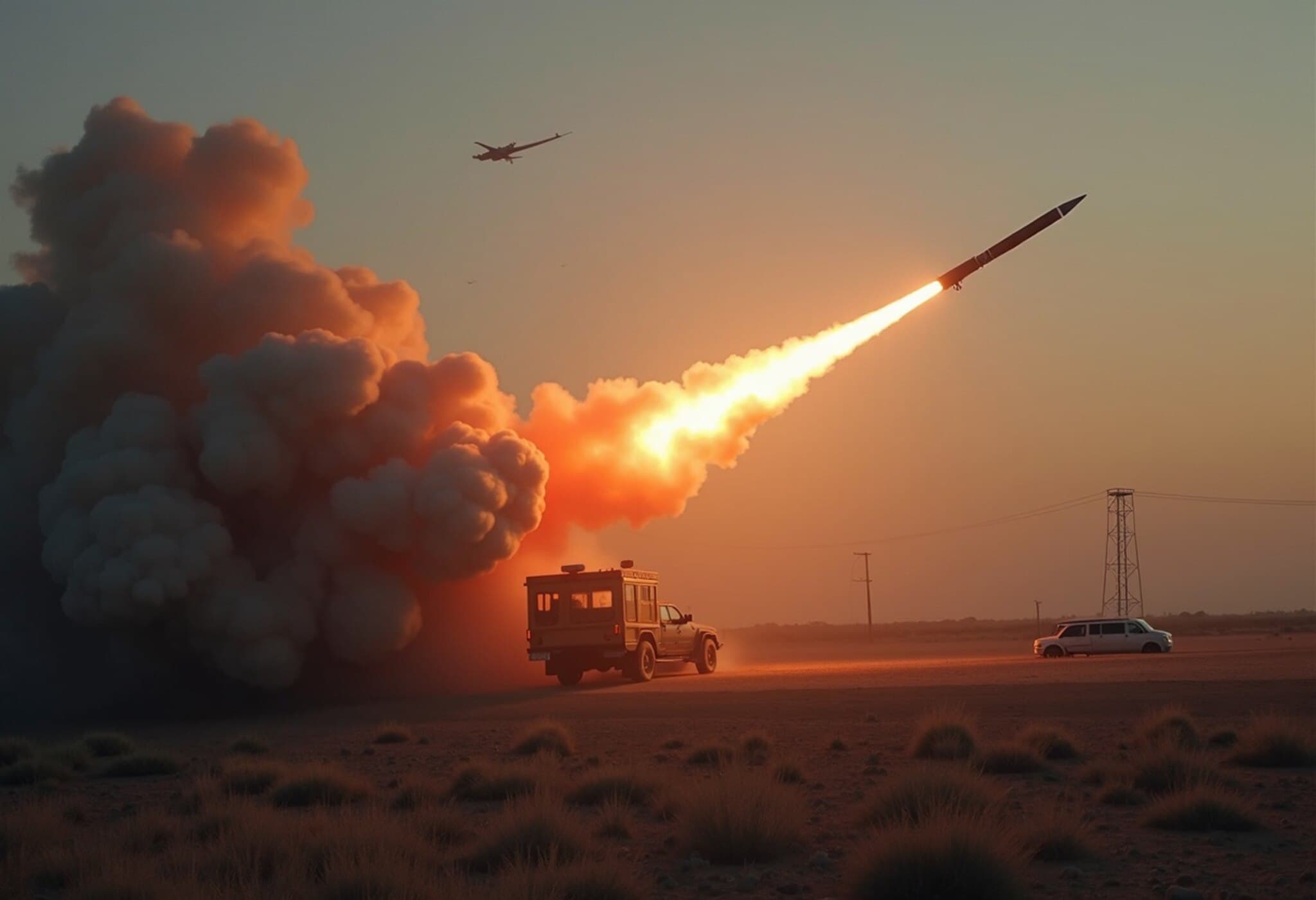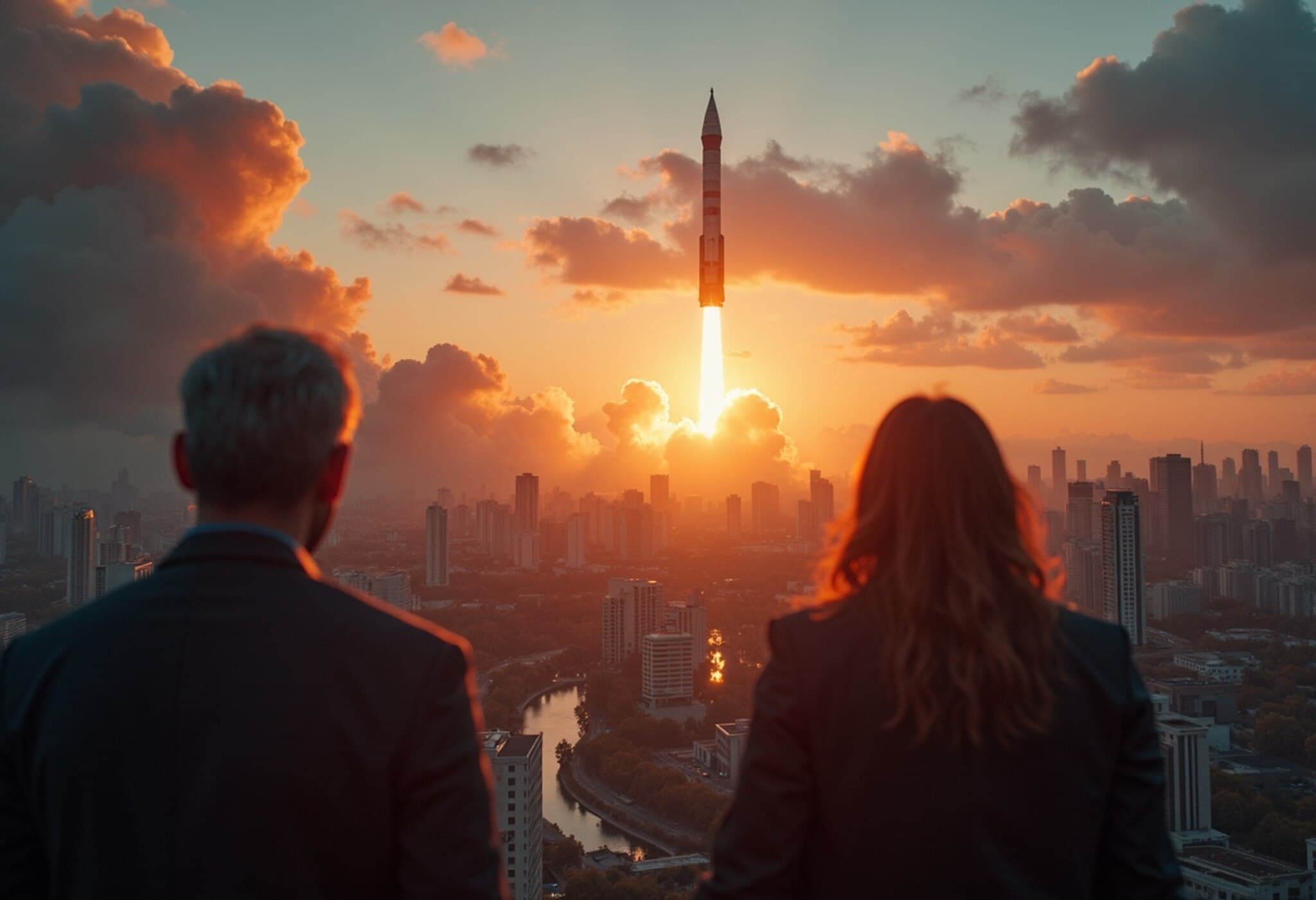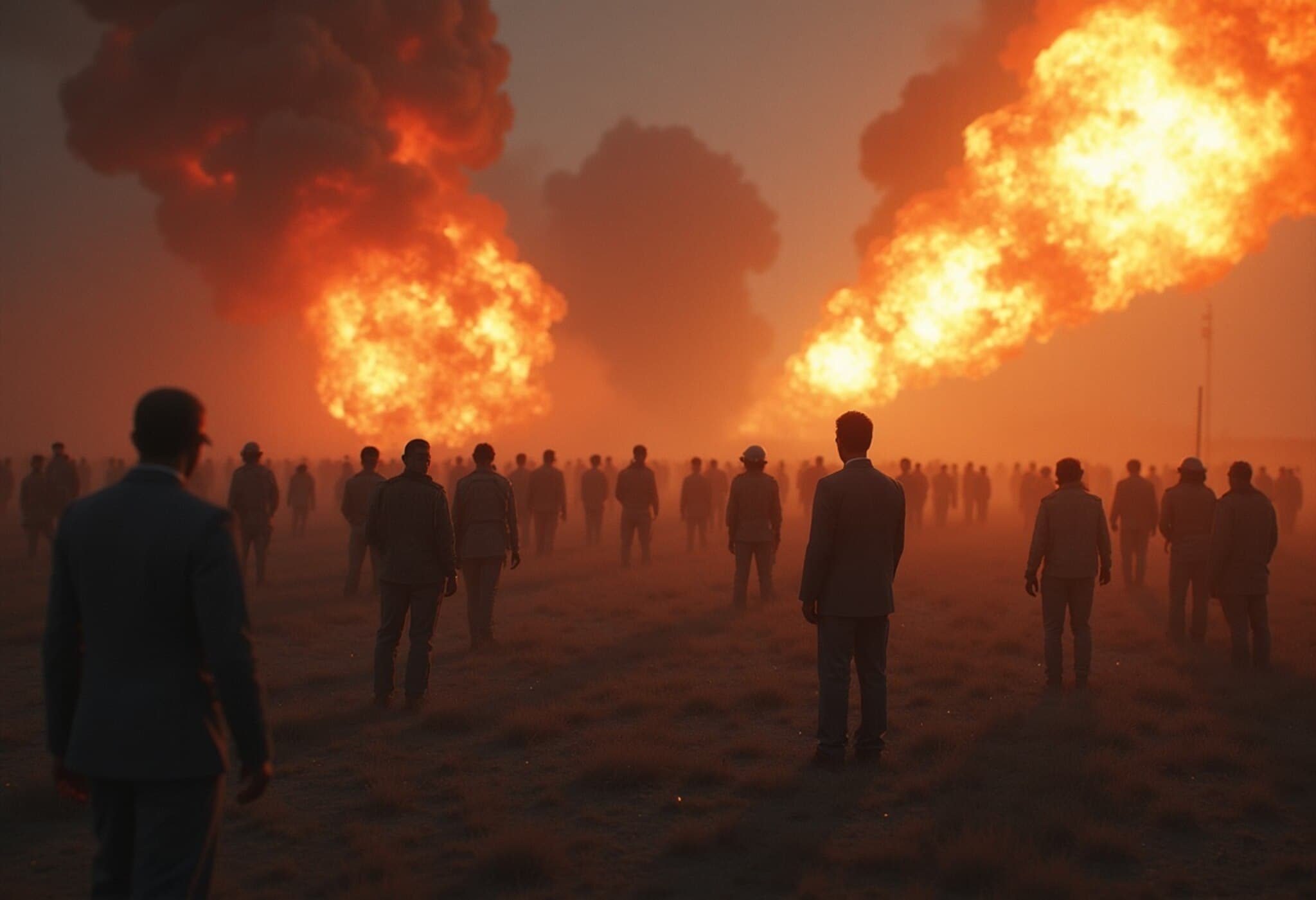Iran and US Hold Direct Discussions Amid Escalating Israel-Iran Conflict
In the wake of intensified Israeli strikes targeting Iran, top diplomats from the United States and Iran have engaged in direct phone conversations in an attempt to ease mounting tensions. The talks, involving US special envoy Steve Witkoff and Iranian Foreign Minister Abbas Araqchi, mark a rare occurrence of direct communication amid a complex and sensitive regional crisis.
Diplomatic Channels Open Amid Hostilities
Since Israel began its attacks on Iran on June 13, Witkoff and Araqchi have exchanged several phone calls, striving to find a diplomatic resolution before the conflict spirals further. However, Iran maintains firm conditions for returning to broader negotiations—chiefly, a cessation of Israeli strikes.
According to diplomatic sources, Araqchi emphasized that Tehran would not reengage in talks unless Israel halted its military campaign. Discussions also touched on a US proposal presented at the end of May, which envisions a regional consortium to handle uranium enrichment outside Iranian territory—a plan that Iran has thus far declined to accept.
Newfound Flexibility Hinged on Political Pressure
Earlier encounters between Witkoff and Araqchi were limited to indirect meetings during rounds of negotiations held in places like Oman and Italy. These recent phone calls represent the most substantive contact between the two nations' officials since April.
A regional diplomat familiar with Tehran’s stance revealed that Araqchi intimated Iran might show flexibility regarding its nuclear program if the US could persuade Israel to stop its operations. Another European official echoed this sentiment, indicating Iran’s readiness to resume nuclear talks hinges on the end of Israeli bombardments.
Complexities of Uranium Enrichment and Diplomatic Posture
At the heart of the conflict lies uranium enrichment. While US President Donald Trump insists Tehran must halt all such activities within its borders, Iran’s Supreme Leader Ayatollah Ali Khamenei considers uranium enrichment a fundamental, non-negotiable right.
Although Trump has not disclosed whether US forces will directly back Israel’s military campaign, he has hinted at the possibility of diplomatic engagement, noting that Iranian officials are interested in meeting in Washington.
International Efforts and the Road Ahead
European involvement remains pivotal, with Britain, France, and Germany—collectively known as the E3 and parties to the 2015 nuclear deal—conducting ministerial-level talks with Araqchi. An upcoming meeting in Geneva is planned, signaling continued efforts to bridge divides.
The G7 summit underscored US commitment to ending the hostilities swiftly, though with explicit expectations that Iran accept key American demands. Diplomats suggest that public Iran-US dialogues are unlikely as long as Israeli strikes continue, but engaging through European intermediaries appears the most viable path forward.
Summary
- US and Iranian officials have held multiple direct phone calls since June 13 amid Israel’s strikes on Iran.
- Iran demands a halt to Israeli attacks before resuming broader nuclear negotiations.
- A US offer proposes regional uranium enrichment outside Iran, rejected so far by Tehran.
- European powers remain key players, coordinating diplomatic efforts and preparing for talks in Geneva.
The situation remains fluid, with diplomacy balancing precariously against escalating regional conflict.

